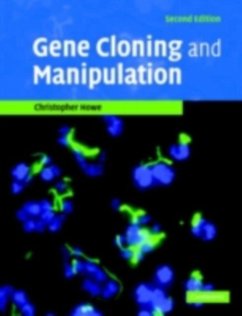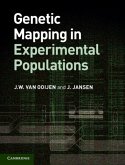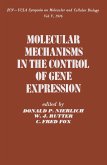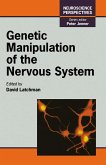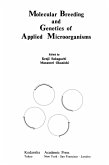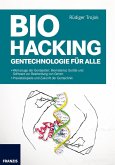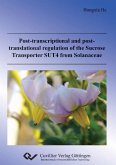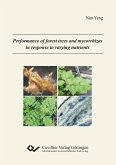Updated to reflect advances in the field, this introduction provides a broad, but concise, coverage of recombinant DNA techniques. Written for advanced undergraduates, graduates and scientists who want to use this technology, emphasis is placed on the concepts underlying particular types of cloning vectors to aid understanding and to enable readers to devise suitable strategies for novel experimental situations. An introduction to the basic biochemical principles is presented first. Then PCR and cloning using E. coli hosts and plasmid, phage and hybrid vectors are described, followed by the generation and screening of libraries and how to modify, inactivate or express cloned sequences. Finally genetic manipulation in a range of other organisms is discussed, including other bacteria, fungi, algae and plants, insects and mammals. A series of 'real-life' biological problems are also presented to enable readers to assess their understanding of the material and to prepare for exams.
Dieser Download kann aus rechtlichen Gründen nur mit Rechnungsadresse in A, B, BG, CY, CZ, D, DK, EW, E, FIN, F, GR, HR, H, IRL, I, LT, L, LR, M, NL, PL, P, R, S, SLO, SK ausgeliefert werden.

